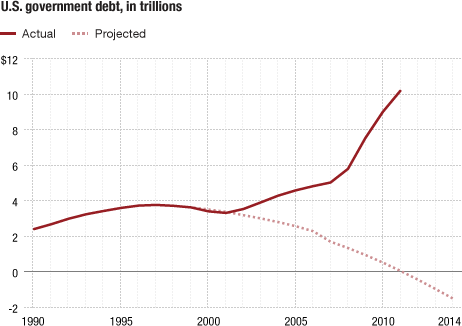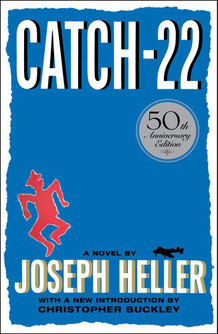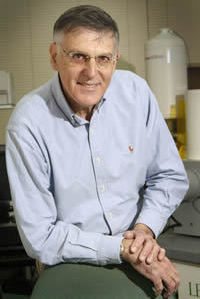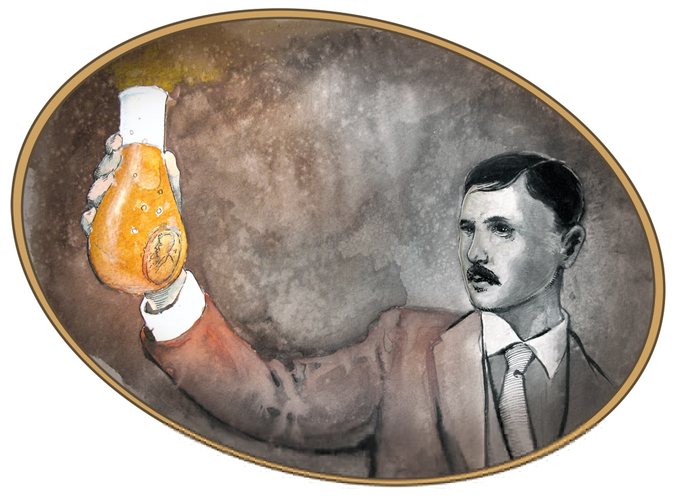 Monday, October 31, 2011 at 11:49AM
Monday, October 31, 2011 at 11:49AM 7 Billion: How Did We Get So Big So Fast?
"The U.N. estimates that the world's population will pass the 7 billion mark on Monday."
"Much of that growth has happened in Asia — in India and China. Those two countries have been among the world's most populous for centuries. But a demographic shift is taking place as the countries have modernized and lowered their fertility rates. Now, the biggest growth is taking place in sub-Saharan Africa."
"Due in part to that region's extreme poverty, infant mortality rates are high and access to family planning is low. The result is high birth rates and a booming population of 900 million — a number that could triple by the end of the century. Population expert Joel Cohen points out that, in 1950, there were nearly three times as many Europeans as sub-Saharan Africans. If U.N. estimates are correct, there will be nearly five sub-Saharan Africans for every European by 2100."


















